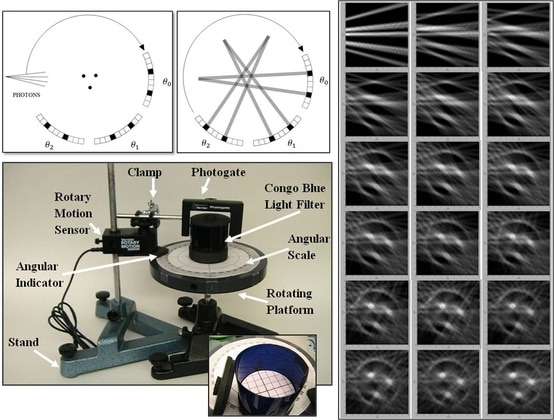Educational research projects include:
Lab development and assessment. A recent project includes introductory physics labs using modern sensors, remote lab instruction, project-based learning, and the use of AI in physics instruction.
Cross disciplinary and innovative biomedical physics summer course for life science majors and pre-health students
Development of biomedical student activities. Some recent projects include:
•CT
•Pulse Oximetry
•Electric circuits and EKGs
•Bioelectrical Impedance Analysis
•Planar imaging
Multimedia modules with simulations and pre-lecture videos by biomedical experts and authentic medically relevant course material. Our group builds on a successful network of medical and biomedical professionals
Assessment of student engagement and attitude

We are developing and assessing innovative curriculum for introductory physics for the life science (IPLS) with a particular focus on pre-health students. Some guidelines that address the need for such a curriculum can be found for example in the IPLS Conference Report and the AAPT Recommendations for the Undergraduate Physics Laboratory Curriculum. We try to address some fundamental challenges and opportunities in undergraduate STEM education:
The medical field has and continues to evolve rapidly and physics pre-health education has not kept up with these changes
There is a lack of adequate research validated teaching materials aimed at pre-health and life science undergraduate physics courses
Traditional teacher centered methods have shown to be ineffective
New technology allows effective integration of multimedia content online and provides new assessment tools
Active learning and flipped classroom instruction have shown to be successful by various studies
An important research component of our work is the assessment of the effectiveness and impact of the curriculum on students. This requires extensive formative and summative assessments to measure impacts on student learning and the effect of instruction on student attitude and engagement. This work has been supported by three grants of the National Science Foundation.